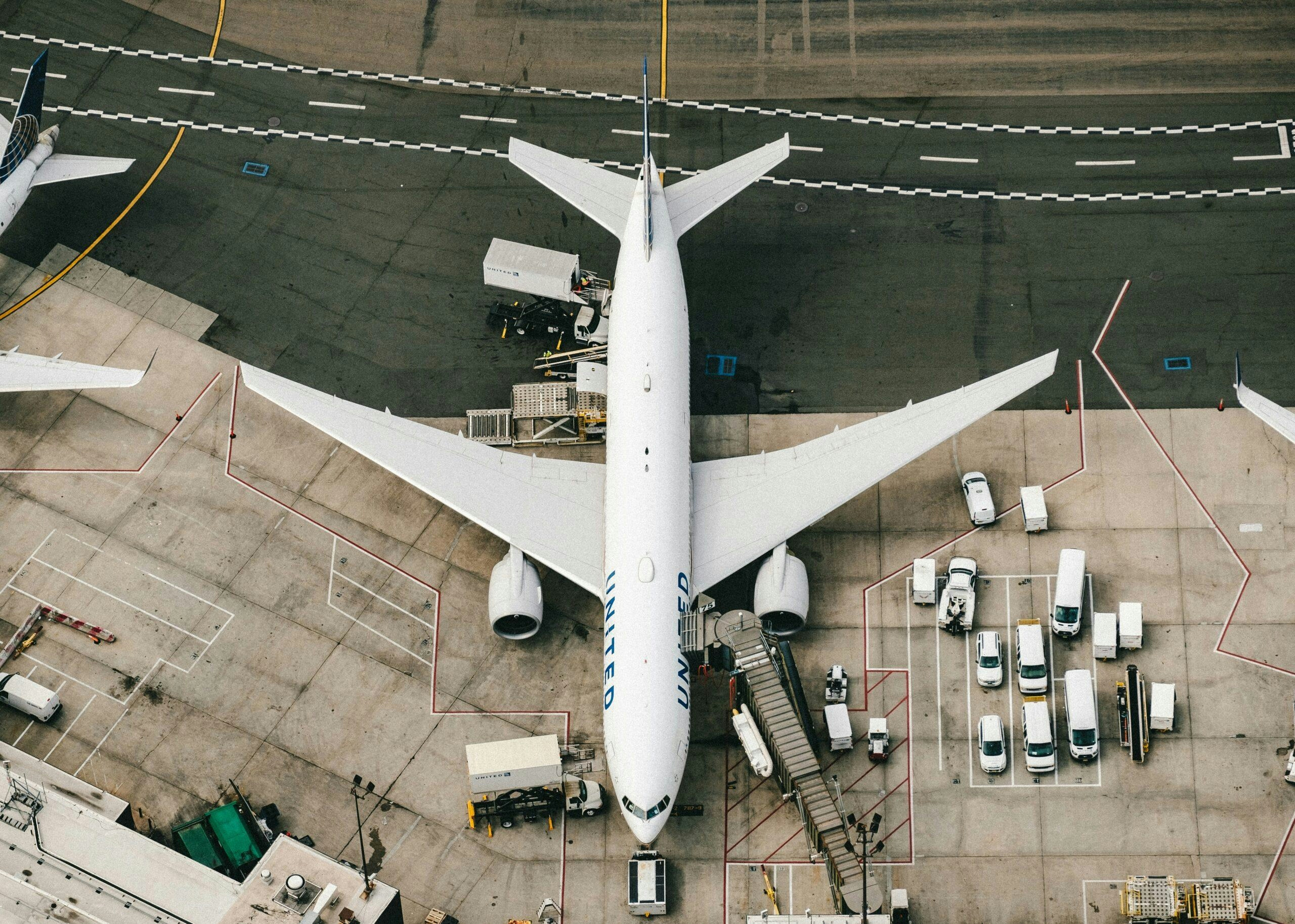AeroGenie — Tu copiloto inteligente.
Tendencias
Categories
AI-Driven Aircraft Turnarounds Reduce Airport Delays by 25%

AI-Driven Aircraft Turnarounds Reduce Airport Delays by 25%
Airports and airlines integrating artificial intelligence into aircraft turnaround management are experiencing notable improvements in operational efficiency and financial performance. Assaia’s 2025 Turnaround Report, which examined over 450,000 AI-enabled turnarounds at 15 airports across Europe and North America from April 2024 to March 2025, provides a detailed analysis of how data-driven ground handling is reshaping airside operations.
Operational Improvements and Efficiency Gains
The report reveals that median departure delays have decreased by 25%, dropping from four minutes to three. Despite record passenger volumes, average delays have stabilized at 11 minutes. Gate efficiency has improved by 5%, effectively allowing for approximately one additional flight per day for every 20 stands. Narrowbody aircraft have benefited the most, achieving average turnaround times of 78 minutes and 4.75 turns per stand daily. Medium-sized airports have seen the greatest reductions in stand downtime, cutting it by 11 minutes and freeing up 44 extra minutes of gate capacity each day.
Christiaan Hen, CEO of Assaia, emphasized the transformative impact of AI technology on the industry, citing partnerships with Alaska Airlines, Berlin Brandenburg Airport, and JFKIAT as examples of tangible efficiency and service quality gains. He noted that these advancements represent only the beginning of AI’s potential in aviation.
Financial Impact and Industry Outlook
The financial implications of AI-driven turnarounds are significant. European airports utilizing Assaia’s AI solutions have achieved departure delays six minutes shorter than the regional average, translating into savings of nearly $600 per turnaround and exceeding $70 million annually for a major hub. In North America, reducing delays by just one minute saves approximately $100 per turnaround.
Looking forward, Assaia projects that reaching the “perfect turn”—a fully optimized sequence of ground operations—could unlock annual benefits of up to $900 million for a major airline and between $300 million and $500 million for a large international airport by 2035. Hen highlighted the critical role of AI in addressing the challenges posed by record global air traffic and lagging infrastructure expansion, enabling the industry to shift from reactive to predictive and optimized operations.
Transforming Turnaround Operations Through AI
Aircraft turnaround—the period between landing and takeoff—involves a complex series of subprocesses. Research indicates that ground operations are among the leading causes of delays after air traffic control issues. The International Air Transport Association underscores the importance of digitalization and innovation in ground support equipment and processes to accelerate turnarounds while maintaining safety.
Assaia’s ApronAI platform exemplifies this transformation by employing cameras and computer vision to monitor real-time turnaround activities. Case studies suggest that reducing turnaround times by five minutes at an airport handling 25 million passengers can generate approximately $11 million in additional annual revenue.
Challenges and Market Dynamics
Despite the clear benefits, the adoption of AI-driven turnaround solutions faces several challenges. Regulatory scrutiny is intensifying, with agencies such as the Competition Commission of India examining AI practices. Competition from major technology firms specializing in AI workforce forecasting, coupled with ongoing supply chain disruptions, may lead airlines to reconsider fleet expansion plans, potentially slowing AI adoption. Furthermore, traditional turnaround methods are under increasing pressure due to persistent staffing shortages and flight delays, underscoring the advantages of AI-driven approaches.
As airports and airlines confront these obstacles, the transition toward AI-powered operations is set to redefine efficiency and profitability within the aviation sector.

Emirates Unveils Cabin Design for New Boeing 777X

Eighteen Years On, the Airbus A380 Remains Central to a $34 Billion Airline

How a boom in luxury airline seats is slowing down jet deliveries

Navitaire Outage Attributed to Planned Maintenance

DigiYatra Debuts Outside Aviation at India AI Impact Summit

Vietnam Orders Strengthen Boeing’s Commercial Outlook

Airbus Signals Uncertainty Over Future A400M Orders

JobsOhio Awards $2 Million Grant to Hartzell Propeller for Innovation Center

Collins Aerospace Tests Sidekick Autonomy Software on YFQ-42A for U.S. Air Force CCA Program

How the Airbus A350-1000 Compares to the Boeing 777
